Norwegian farmed salmon threatens the small wild population of salmon left in the country’s rivers. Instead of buying salmon farmed along the Norwegian coastline, consider choosing salmon farmed on land, writes Tobias Lindroth.
BY TOBIAS LINDROTH
The situation is critical for wild salmon in Norway due to several factors: obstacles to their migration, increased consumption, declining ocean feed, and pollution in rivers.
This crisis has been exacerbated by rising consumption, population growth, and corporations prioritizing profit.
For instance, sport fishermen have begun to pay attention to the problems that have accumulated in recent years. One such advocate is Yvon Chouinard, founder of Patagonia, who has started funding land-based salmon farms to protect wild salmon without compromising the increasing demand for salmon as a nutritious protein.
This summer’s salmon season has been the worst in history for many Norwegian rivers, so severe that the Norwegian Environment Agency (Miljødirektoratet) decided to close several rivers. According to the agency, Norwegian open-pen salmon farms pose the greatest threat due to the spread of diseases and infections from farmed to wild salmon. Another danger is the escape of farmed salmon, which can spawn with wild fish, thereby contaminating the vital DNA of wild salmon.
Industrial fishing is another threat to wild salmon, as it disrupts the oceanic food chain. In the Baltic Sea, conditions have become critical due to the trawling of herring.
Herring is used as feed for Norwegian farmed salmon, which are often disease-ridden. This cheap feed is used to sustain ill fish that are later filleted and sold in Swedish grocery chains like Willys, Ica, and Coop.
The problems leading to the decline in wild salmon are numerous—a vicious cycle of poor decisions. The issue is multifaceted, and there is no simple solution.
So, how can you, as a reader, help save wild salmon? The solution I propose is this: Do not buy Norwegian salmon that is farmed in open sea cages. The owners of these open farms claim that their methods are beneficial for fish as they follow the tide, but the harsh reality tells a different story. This industry is destroying wild salmon, driven by the shareholders’ demands for ever more fish in their cages each month.
One practical action I urge you to take, as Yvon Chouinard put it, is to “vote out the assholes.” While voters in Sweden can’t influence elections in Norway, they can choose not to support politicians who allow large-scale trawling in the Baltic Sea, which threatens the herring with extinction.
Finally, I encourage those seeking a solution to the problem: Choose to buy salmon from land-based farms that use sustainable energy. These facilities are not only environmentally responsible but could also be a smart investment, compensating for the losses that will be faced by Norwegian open-pen salmon farms.



